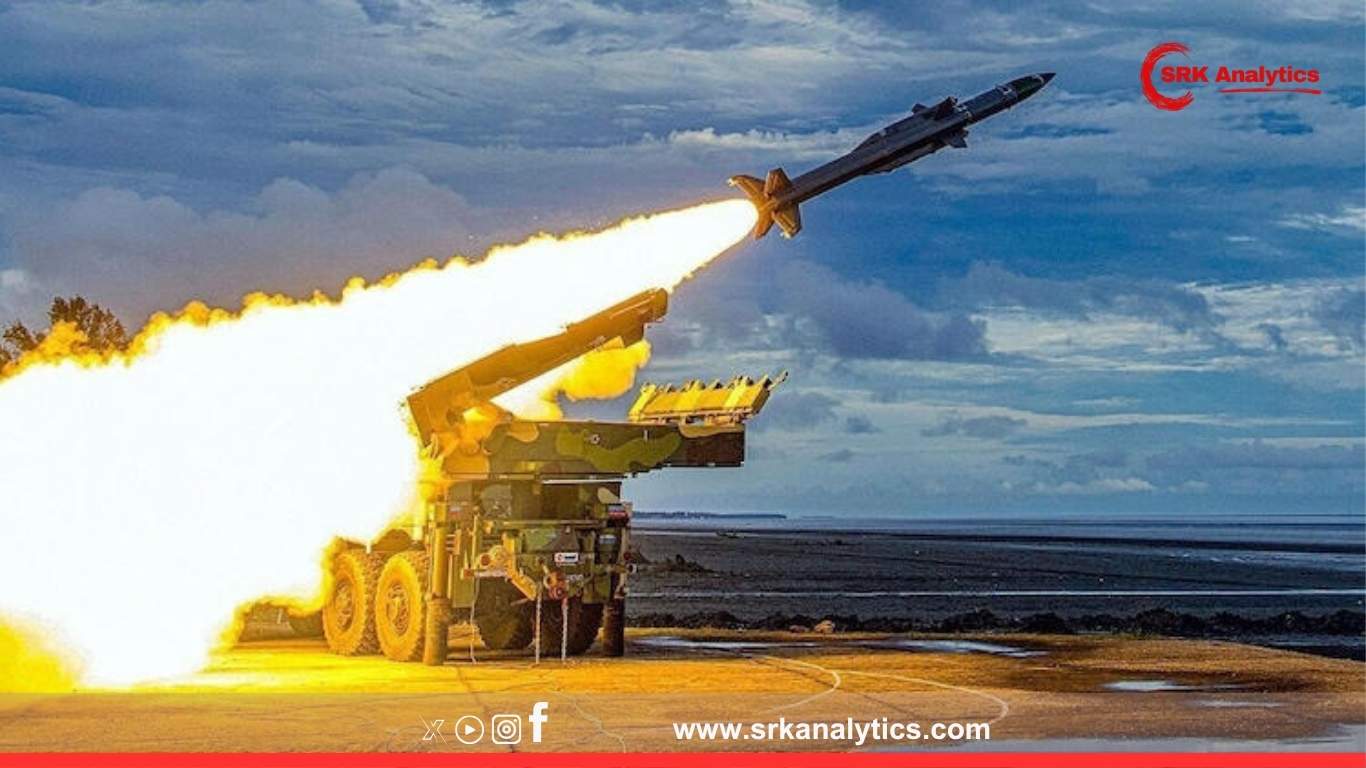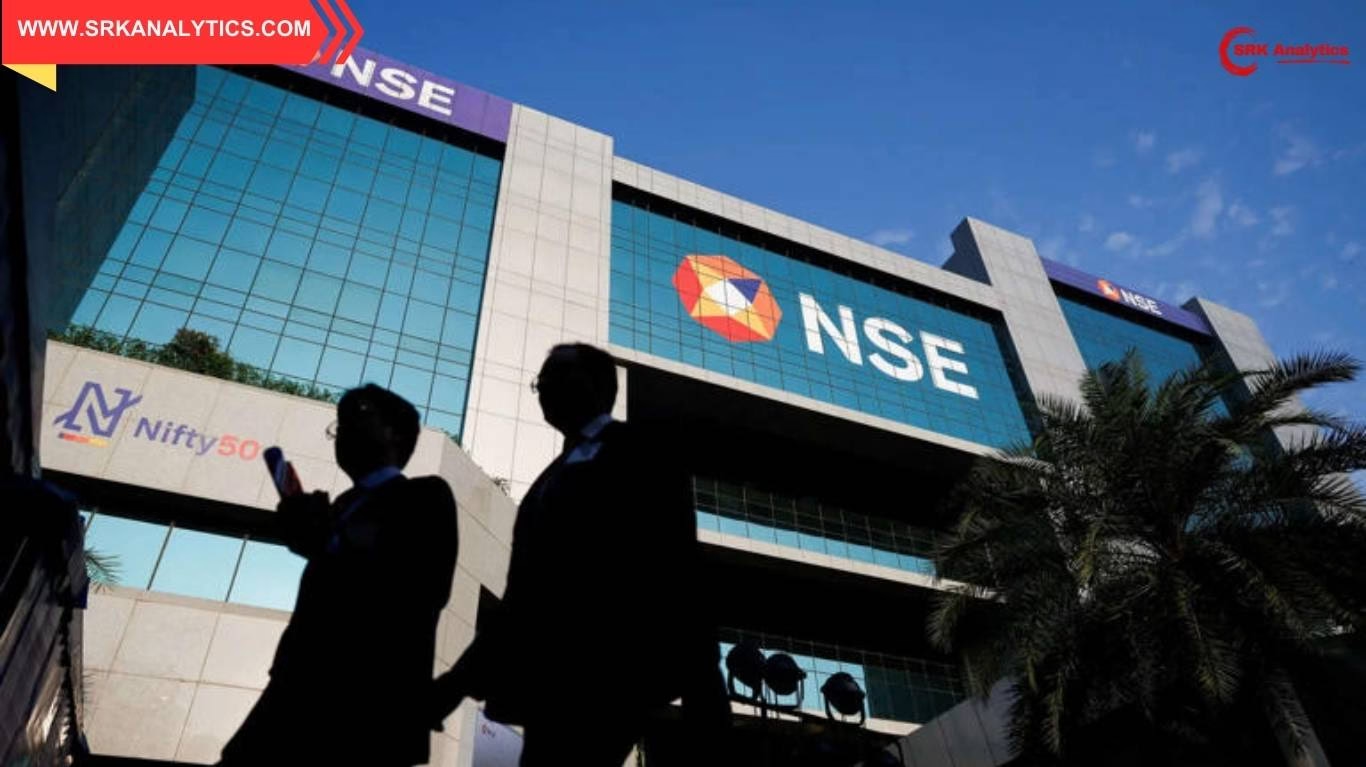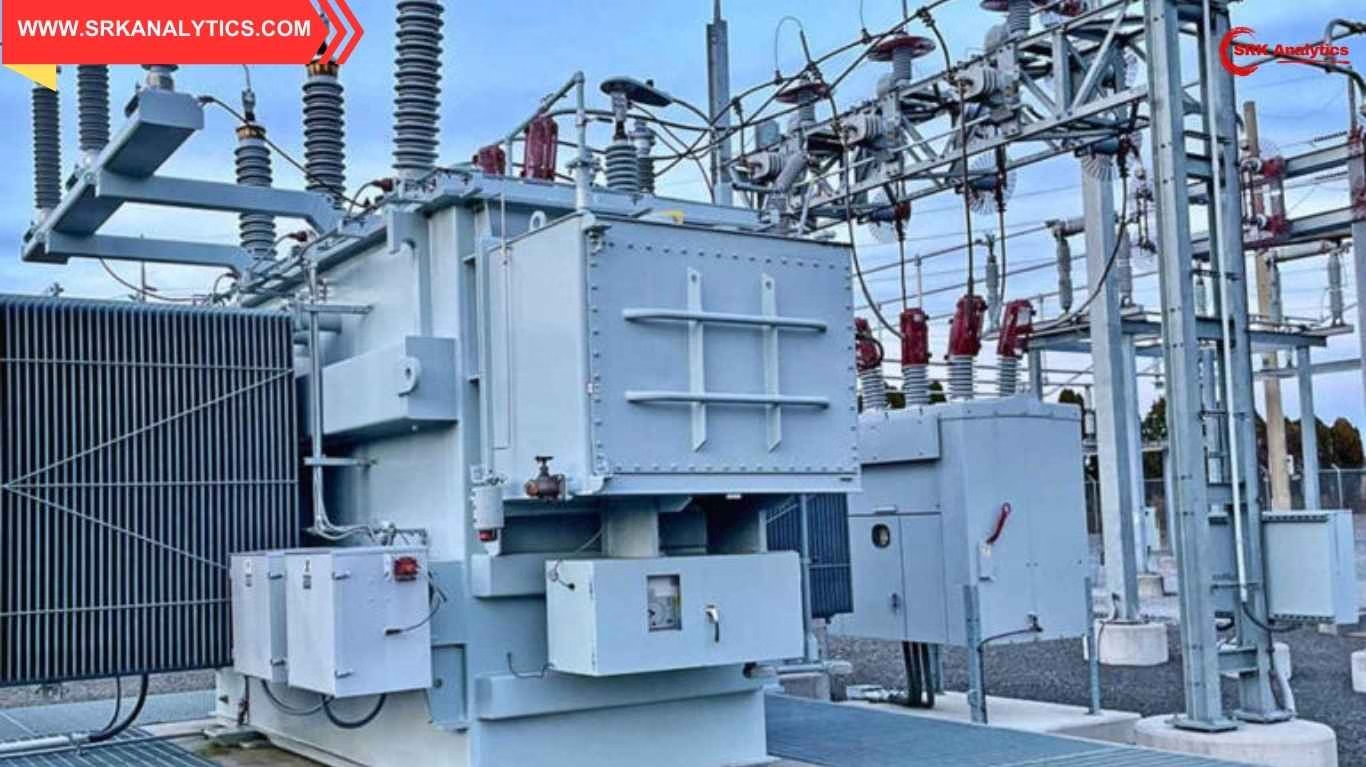Bharat Electronics Limited (BEL), one of India’s leading defence public sector undertakings, has become a headline grabber as its stock trades at a 263% premium to its historical valuations, raising critical questions about whether investors should continue buying the counter despite its remarkable rally.
BEL: A Consistent Wealth Creator In Defence PSU Space
Established in 1954 under the Ministry of Defence, BEL manufactures and supplies critical defence electronics equipment ranging from radars, communication systems, electronic warfare products to missile systems. Its business profile has transformed over the last decade with:
- Increased order inflow from indigenous defence projects under Atmanirbhar Bharat.
- Diversification into non-defence segments like e-governance, solar, homeland security, and smart cities.
- Strong financial fundamentals with robust cash flows and zero debt.
Stock Performance Overview
BEL has delivered extraordinary returns to investors:
| Metric | Value |
|---|---|
| 1-Year Return | ~92% |
| 5-Year CAGR Return | ~36% |
| Market Capitalisation (July 2025) | ₹1.42 lakh crore |
| Current Price (approx.) | ₹260 per share |
The stock’s relentless rise is driven by:
- Record order book surpassing ₹75,000 crore.
- Government push for indigenisation and Make in India in defence procurement.
- Strong execution track record with revenue growth between 15-20% CAGR over the last five years.
Valuation Concerns: Trading At A 263% Premium
BEL’s valuation metrics reveal a steep premium:
- Current PE Ratio: 50x trailing twelve months earnings.
- Historical Average PE: ~14x over the past 10 years.
- Premium To Historical PE: ~263%.
Such premium valuations usually imply either:
- Future earnings are expected to grow exponentially justifying the current price, or
- The stock is overheated and might see near-term corrections.
Key Factors Driving BEL’s Valuations
1. Strong Defence Spending Pipeline
The Indian government has allocated a defence budget exceeding ₹6 lakh crore for FY26 with over 68% reserved for domestic procurement. BEL, as the largest indigenous defence electronics maker, stands to benefit.
2. Strategic Order Wins
Recent major orders include:
- Electronic warfare systems for Indian Army and Navy.
- Long range surveillance radars and missile systems.
- Naval communication and integrated ship control systems.
3. Export Growth Potential
BEL’s export portfolio has expanded to over 20 countries in Africa, Southeast Asia, and West Asia, with plans to increase export revenue share to 10-15% of total turnover by FY27.
4. Debt-Free Balance Sheet
With zero debt and over ₹10,000 crore in cash equivalents, BEL maintains a strong financial buffer for future capex, R&D investments, and dividend payouts.
Risks Associated With Current Valuations
Despite these positives, investors must be cautious about:
- Margin compression risk due to pricing regulations in PSU defence contracts.
- Execution delays due to regulatory clearances, especially for complex indigenous systems.
- Global geopolitical tensions potentially impacting component imports despite Make in India push.
- PSU market sentiment risk, where valuations can contract swiftly in correction phases.
Analyst View: Valuation vs Growth Potential
Analysts are divided on BEL at current prices:
- Bullish Analysts argue that India’s defence electronics market is underpenetrated and BEL’s indigenous capabilities ensure multi-year earnings growth visibility, justifying premium valuations.
- Cautious Analysts highlight that even if BEL maintains a 15-20% annual earnings growth, a PE of 50x implies pricing in several years of earnings upfront, limiting upside and increasing downside risk in market corrections.
Financial Snapshot FY25 (Provisional)
| Parameter | Value |
|---|---|
| Revenue | ₹20,550 crore |
| EBITDA Margin | ~23% |
| Net Profit | ₹3,550 crore |
| EPS | ₹5.2 |
| Dividend | ₹1.8 per share |
Outlook For FY26 And Beyond
- Revenue Growth Guidance: BEL aims for 15-17% revenue growth in FY26 driven by pending execution of major orders.
- Capex Plan: ₹1,500 crore over two years for new technology R&D in AESA radars, AI-enabled surveillance, and unmanned systems.
- Export Target: Doubling export revenue by FY27.
Management Commentary
BEL’s Chairman recently stated:
“Our focus remains on strengthening indigenous design and manufacturing capabilities in next-gen electronic warfare, radars, and communication systems to support Atmanirbhar Bharat goals and emerge as a global defence electronics exporter.”
Should You Buy BEL Stock At Current Levels?
Points Supporting Buy
- Strong order book visibility ensuring growth continuity.
- Leadership position in Indian defence electronics with limited direct competition.
- Robust balance sheet supporting dividends and strategic expansion.
Points Advising Caution
- Extremely high PE multiple relative to historical averages.
- PSU sector volatility and cyclical market corrections can impact premium valuations.
- Potential re-rating if earnings growth slows below expectations.
Investor Strategy
For existing investors:
- Continue holding for long-term with partial profit booking if portfolio allocation exceeds target weights.
For new investors:
- Consider SIP-based staggered entry instead of lump sum buys to mitigate valuation risk.
- Wait for broader market or sector-specific corrections for attractive entry points closer to historical PE bands.
Conclusion
BEL remains a fundamentally strong defence PSU with sectoral tailwinds, execution strength, and policy support. However, with the stock trading at 263% premium to historical averages, new investors must balance growth optimism with valuation prudence. Discipline, portfolio diversification, and realistic return expectations will be key for those looking to add BEL at current levels.
Disclaimer: This article is for informational purposes only. It does not constitute investment advice or a recommendation to buy or sell any stock. Please consult your financial advisor before making investment decisions.











